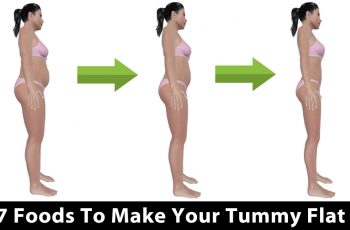Is there anything worse than a preventable tragedy? Sadly, too many tragedies only seem preventable in retrospect. In the aftermath, rooting out the causes of the tragic event exposes some tell-tale signs that danger was just around the corner all along.
The difference comes with knowledge. Knowing the warning signs can turn a tragedy into a positive, and remove all need for hindsight. This is especially true of heart attacks.
Often they seem to hit out of nowhere. We see it all the time on TV and in movies. A character suddenly staggers, clutching at his chest and arm, and slowly drops to the ground while his face turns red. But in reality, there are typically indicators well in advance of the heart attack.
Knowing what to look for can prevent a tragic outcome.
1. Indigestion, nausea, and heartburn
On their own, indigestion, heartburn, and nausea can be a nuisance. When they start to occur frequently, they can signal a problem. Awful heartburn accompanied by vomiting is an even more urgent sign. Nausea tends to be a more common indicator for women.
2. Anxiety attacks and insomnia
Heart disease decreases oxygen levels, which can affect your mood. Anxiety attacks and bouts of insomnia that have no other triggers can be your body’s way of saying something’s not right. Anxiety attacks tend to affect women more than men.
3. Unusual sweating
When you sweat without exercising or being active – more like the cold sweat you get with the flu, or in women, like a hot flash – and especially when it persists for longer than a week, the underlying cause might be heart disease.
4. Excessive fatigue
Not like you’ve just had a bad night of sleep or even a rough week at work, but the kind of bone-weary fatigue like you have the flu. It can last for days, weeks, or even months, and make ordinary tasks extremely difficult or tiring, like walking up the steps. It could be accompanied by a feeling of heavy legs or fatigue that gets worse throughout the day – this tends to be more common for women.
5. Chest pain
It might not even be pain, but pressure or burning. When a heart attack is imminent, the pain will often radiate down the left arm or through the back. However, this is more a concern for men – it’s common for women to have heart problems without accompanying chest pains.
6. Aches and pains
Although chest pains are commonly associated with heart attacks, shoulder, arm, neck, and jaw pain can show up too. Be especially wary of pain that follows physical activity and then goes away – which it would not with a pulled muscle – or pain that moves around between the jaw, shoulder, arm, neck, and chest and includes tingling or numbness.
7. Dizziness and shortness of breath
A weakened heart has trouble sending oxygen around the body, which can lead to a shortness of breath and light-headedness – and women feel light-headed more frequently than men.








